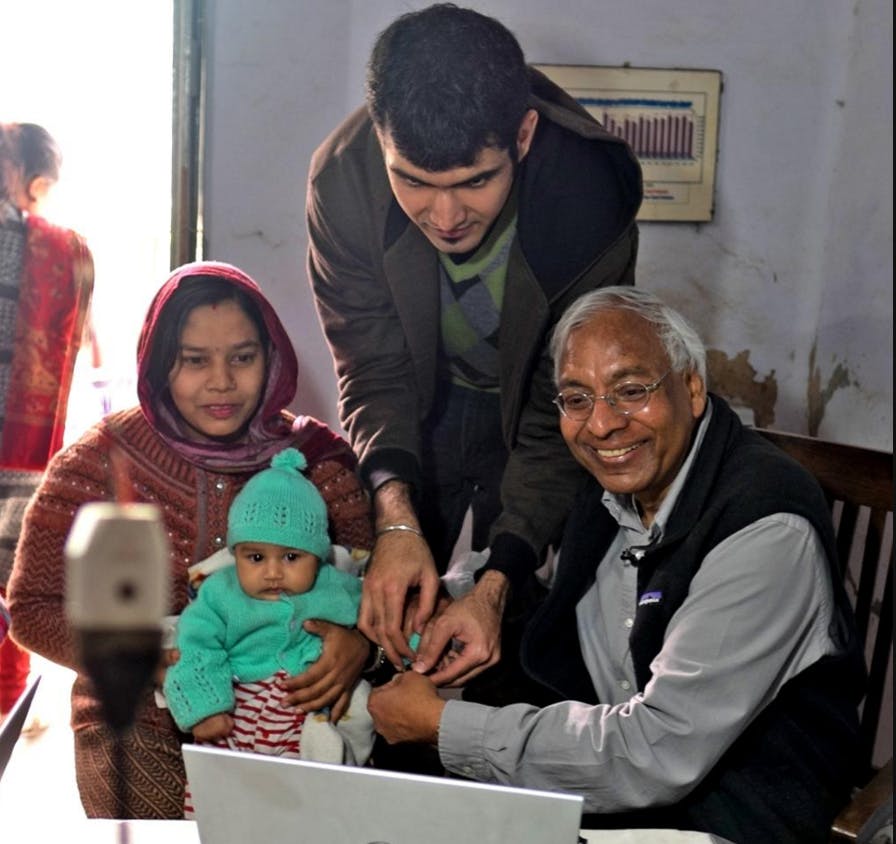Researchers from the MSU Biometrics Research Group are leading a project that allows researchers and medical personnel to receive vital information from one simple finger scan.
Biometrics examines the unique physical or behavioral traits that can be used to determine a person’s identity.
Through this project, medical personnel will be able to scan a child’s fingerprint and properly identify them with information, such as recent immunizations, and will be able to tell if they are malnourished. This will especially aid people in poorer areas with sparse access to medical care.
The biometrics group, led by MSU professor Anil Jain, consists of several graduate and doctoral students, as well as one postdoctoral researcher.
“Our biometrics group at Michigan State University primarily focuses on person recognition using two different modalities: face and fingerprints,” Arora said.
For the project, Arora was tasked with reviewing the existing literature on child fingerprint capture and recognition, a task that took him and his colleagues on a trek across the globe.
“I began by evaluating different commercially available fingerprint readers from the perspective of capturing child fingerprints,” he said. “Once the choice of readers was narrowed down, then we organized data collection camps every few months in India, where I was one of the two students who was involved in capturing fingerprints of children in the operational setting.”
The biometrics group had to determine at what age a child’s fingerprint could be reliably scanned for the project.
Arora said they encountered a subject that was six hours old and they were able to successfully capture the child’s fingerprint using their high-quality fingerprint reader.
The project was about more than research.
“Any technological advancement or research, which can help the community and healthcare of children, is good,” computer science doctoral student Inci Baytas said. “What they do is really helpful for many people around the world.”
The group’s work has drawn praise from noted scholars.
Computer science and engineering professor Alex Liu, recipient of several honors, including the MSU Withrow Distinguished Scholar Award, said that the biometrics team is on the right track.
“They have so many interesting things,” he said. “I think they are doing great.”







